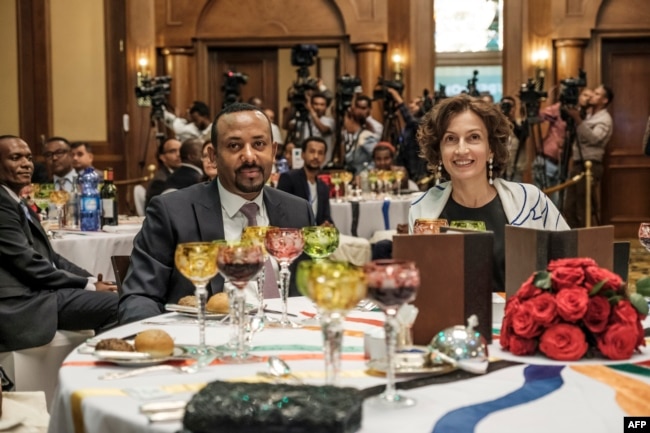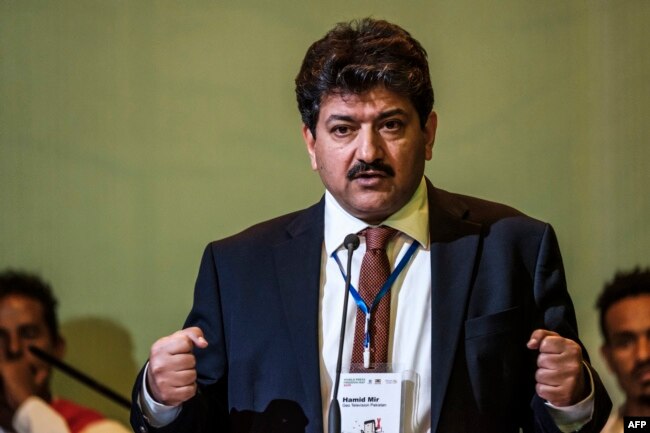Ethiopia’s historic strides toward democracy and openness have given journalists in the country hope for greater freedom to report the news, VOA news reports.
In a speech at the African Union headquarters to commemorate World Press Freedom Day, Ethiopian Prime Minister Abiy Ahmed encouraged journalists to “seize” the moment.
But he also cautioned restraint.
“We need to ensure that the opening up of the media space does not facilitate misinformation, the spread of hate speech and fake news,” Abiy said. “The pivotal moment that Ethiopia is in right now to help into its true potential can only be realized when those who are tasked with a duty to inform are aware of the responsibilities that come with such freedoms.”
A delicate balance
Last year, Abiy made worldwide news when he released all journalists held in Ethiopian jails. It marked the first time in 14 years that no journalists were behind bars in the country, the Committee to Protect Journalists reported.
Ethiopia also opened up internet access and unblocked about 260 websites.
Ethiopian journalists attending the event, organized by UNESCO, said working for more press freedom while dealing with the threat posed by irresponsible media is a difficult balancing act.
Tsedale Lemma, the editor-in-chief of Addis Standard, a weekly independent magazine, said the press must meet high standards and report with integrity in the wake of newfound freedoms.
“For far too long, we’ve been asking the government to liberalize the media, to lift its pressure on the media, its suppression on the media. A lot of sacrifices have been paid by many, many journalists throughout the past many years, and now that that time arrived, it sort of caught us unprepared,” she said.
Tsedale worries about the rise of what she calls “populist media” that sensationalizes news and stirs up ethnic hatred in the country. She said it is the job of the press to police itself, with government assistance.
“It is a delicate balance that we need to diligently thread through, and the government needs to pay attention not in a way of bringing back its suppression but in a way of supporting genuine journalists who are trying hard to do professional journalism,” she said.
Ethiopia offers hope
Worldwide, about 100 journalists were killed in the past year, and more than 300 remain in prison.
But some international attendees at the conference found hope in Ethiopia’s achievements.
Hamid Mir, a Pakistani journalist, told VOA’s Amharic service that he did not expect to find Ethiopia hosting an event to commemorate press freedom.
“It was a great surprise for me that, in just one year, in 2018, Ethiopia was a country where lots of journalists were behind the bars,” he said. “When the Prime Minister Abiy Ahmed came into power, he liberalized the media. He released all political prisoners, and many journalists they were also released.”


